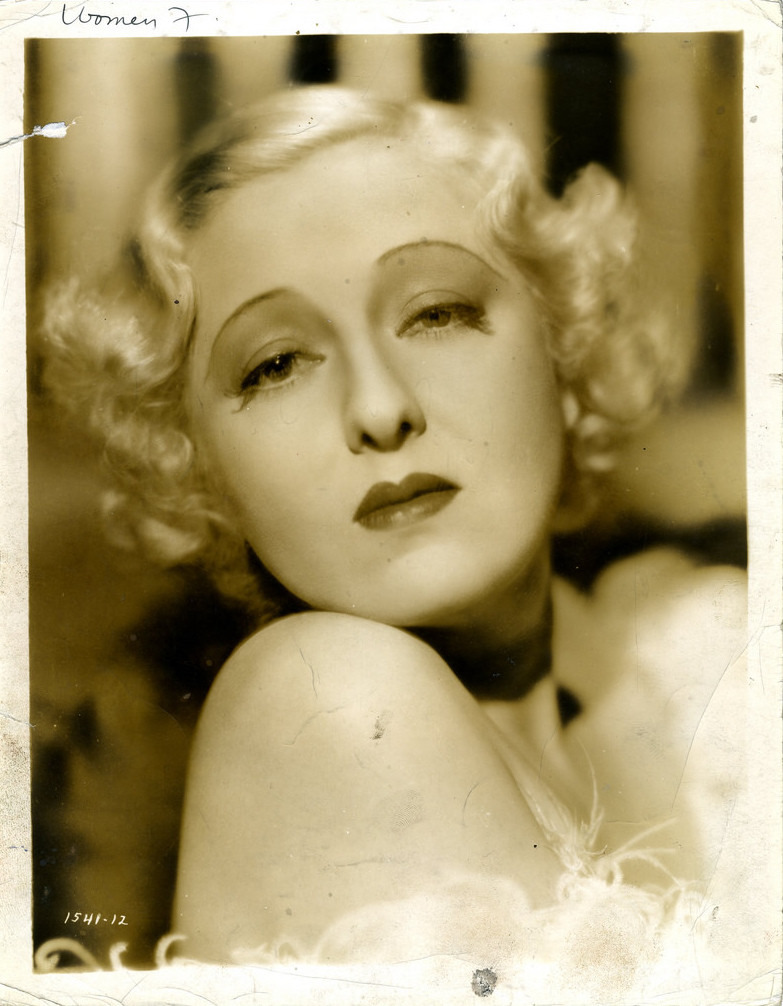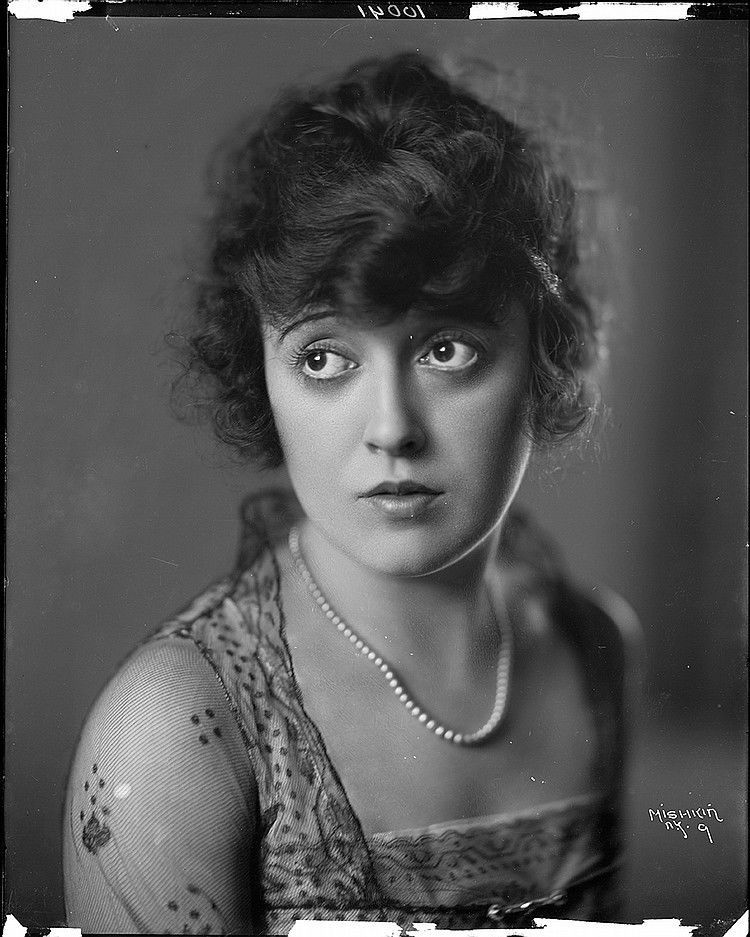Listen to this episode on Apple Podcasts and Spotify.
The Kim Kardashian of her day, Peggy Hopkins Joyce was famous for being rich and famous—and for her marriages and involvements with rich and famous men, including Charlie Chaplin. Did Peggy really ask Chaplin on their first date if he was “hung like a horse?” We’ll investigate this and other claims made about the affair in Hollywood Babylon, and chart how the dalliance with Hopkins Joyce inspired Chaplin’s first dramatic film A Woman of Paris, and explain how a woman of the 1910s-1920s could come from nothing and become internationally famous before ever arriving in Hollywood.
SHOW NOTES:
Sources:
This episode is a response to, and includes a brief excerpt from, Hollywood Babylon by Kenneth Anger.
Gold Digger: The Outrageous Life and Times of Peggy Hopkins Joyce by Constance Rosenblum
My Autobiography by Charlie Chaplin
The Talmadge Girls by Anita Loos
Music:
Original music was composed for this episode by Evan Viola. Most of the rest of the music used in this episode, with the exception of the intro and outro, was sourced from royalty-free music libraries and licensed music collections. The intro includes a clip from the film Casablanca. The outro song this week is “I'm a Rich Man's Toy” by The Auteurs.
Excerpts from the following songs were used throughout the episode:
The Smoke Room - Gunnar Johnsen
Sad Piano Walk 1 - Oscar Collin
1920s Chicago 3 - Magnus Ringblom
French Girls - Hakan Ericsson
French Cuisine - Magnus Ringblom
Mississippi Ramble 1 - Martin Gauffin
Wedding March in C Major - Felix Mendelssohn
Pesado Manouche 3 - John Ahlin
Pesado Manouche 2 - John Ahlin
Klezmer Feeling 1 - Gunnar Johnsen
Victoria’s Vintage Pearls - Peter Sandberg
Black and White Memories 3 - Martin Hall
My Simple Thing 3 - Peter Sandberg
Yellow Leaves 2 - Peter Sandberg
Black and White - Magnus Ringblom Quartet
Widows Dance - Hakan Eriksson
Motions 9 - Line Neesgaard
Credits:
Our special guest this week is John Mulaney.
This episode was written, narrated and produced by Karina Longworth.
Editors: Sam Dingman and Jacob Smith.
Research and production assistant: Lindsey D. Schoenholtz.
Social media assistant: Brendan Whalen.
Logo design: Teddy Blanks.










